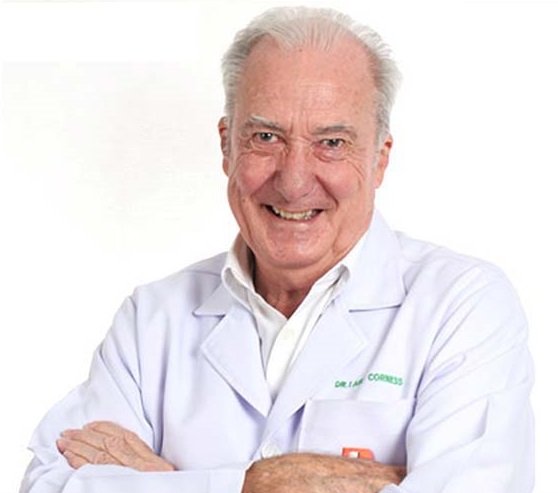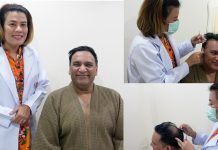

Study Finds Senior Women May Benefit From Mammograms,
This study was preprinted, so for you it can be considered as ‘hot off the press’ in July 06, 2022, so the paper is still hot to touch.
This is a summary of a study published as a preprint on SSRN.com. And It has not yet been peer reviewed, but I was impressed enough to use it. It was written by Marlene Okoth, MD
A few points to remember – Mammography screening decreases mortality in breast cancer in patients aged 40-80 years. Mammography is a very specialized X-Ray.
Mortality increases with age, so screening at age 70 years is obviously more beneficial than leaving screening to age 48 years.
Looking at the statistics, the recommendation is for ten mammography screenings be performed every two years up till 50 years.
Screening with mammograms has been shown to increase 20-year survival rate from 68per cent (non-screened patients) to 83per cent (screened patients).
Study Design
The patients screened were aged 40-80 years of age.
This was a modeling study using data from the German Munich Cancer Registry for the year 2018, during which 2.92 million mammography screenings were performed.
Out of those screened, 13,414 patients were diagnosed with invasive breast cancer.
The study generated tumor-dependent and tumor-independent deaths in 20 years of follow-up using 21 cohorts of screened vs non-screened patients between ages 40 and 80 years at 2-year intervals.
Each study was repeated 50 times to reduce randomness in variables generated.
More interesting statistics
Key Results
For the mean tumor size, survival rate at 15 years was 87.8per cent in the screened group compared with 76per cent in the non-screened group.
At 20 years, the survival rate in the screened group was 83.2per cent compared with 68per cent in the non-screened group.
Mortality reduction for screening intervals between 50 and 69 years was 54.5per cent (the current estimate is 49per cent).
Mortality increases with age; hence, more deaths are prevented when screening is done at age 70 years compared with age 48 years.
Modeling studies can only provide estimates and generate hypotheses. Clinical trials to confirm projections are required to provide evidence-based recommendations.
Only mortality effects were considered in the study. Patient-dependent factors relevant to the quality of life such as association between age-dependent breast density and false positives were not considered.
My hospital carries out breast cancer screening, with a dedicated breast clinic. Using Digital Mammogram with Tomosynthesis, giving accurate results.
So for your Mum, I would recommend breast screening at least every two years.
 |
 |
 |





